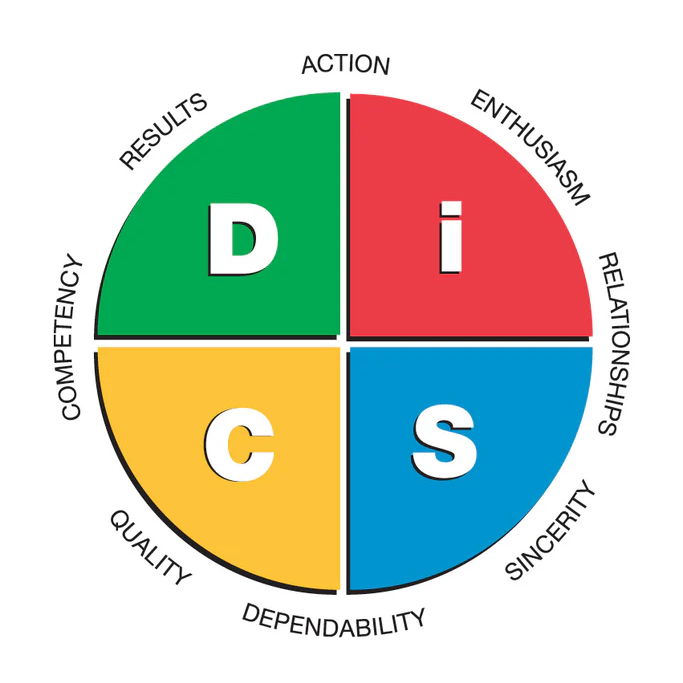
Cultivate Your Culture Through DiSC
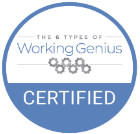
Enhance Your Culture with Working Genius
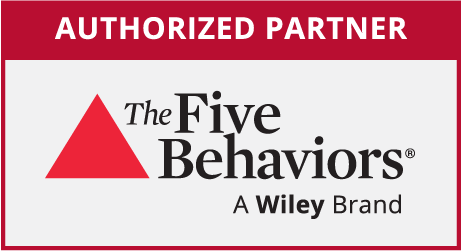
Develop a Cohesive and High-Performing Team
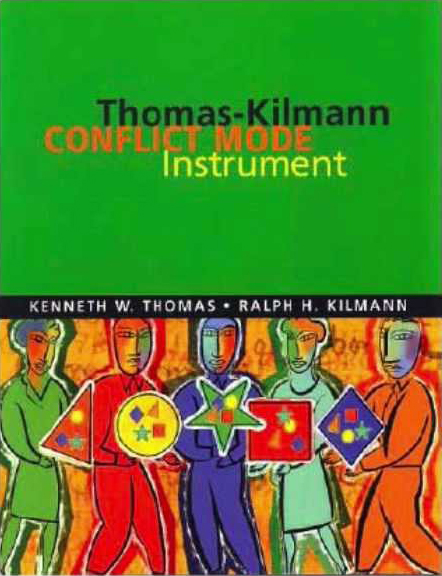
Manage Conflict in Your Organization


DiSC is a common assessment tool used to help employers better understand their employee's commumication style, motivators, stressors, and fears so they can manage them more effectively.
DiSC assessments help individuals understand their strengths, weaknesses, and preferred communication styles, leading to greater self-awareness.
DiSC insights can improve relationships by fostering understanding and appreciation for different personalities and communication styles
Leaders can use DiSC assessments to understand their own leadership style and how to effectively lead diverse teams
Understanding different DiSC styles can help teams anticipate and resolve conflicts more effectively.
By understanding different DiSC styles, team members can tailor their communication to better connect with others and reduce misunderstandings
By understanding the different personality styles of each team memer, managers can figure out how to best communicate and assign tasks.
By understanding individual needs and preferences, organizations can create a more engaging and motivating work environment.
By recognizing and valuing the diverse behavioral styles of each team member, DISC encourages more effective communication and collaboration, leading to a more harmonious culture
When your teams work better together, your organization works better!
“DiSC is a powerful tool for enhancing individual and team dynamics. By revealing communication styles, work preferences, and behavioral tendencies, it fosters stronger collaboration, minimizes conflict, enhances relationships, and boosts productivity.”
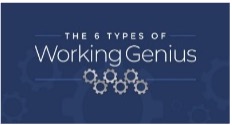
The Working Genius model was developed by Patrick Lencioni and identifies how individuals align the work they do in six key areas:
Wonder, Invention, Discernment, Galvanizing, Enablement, and Tenacity.
The Working Genius model helps individuals recognize where they derive joy in the work they do as well as where work causes frustrations.
The model can help individuals identify the type of work that best suits their strengths, leading to a more fulfilling and successful career path.
Understanding your own Working Genius can also help you understand and appreciate how others align to their “genius” and frustrations and how that impacts the process of work and collaboration.
By aligning work with the “genius” of individuals, teams work more efficiently and effectively, leading to positive impacts to team member engagement as well as the bottom line for the organization.
By utilizing the Working Genius tool, teams have a common language that supports alignment of the work to the “genius” of team members, enabling them to do work that brings them joy.
By utilizing the Working Genius tool, meetings align the work to the “genius” of the team members creating more efficiency.
By creating an environment where team members are aligned to do their best work, organizations are able to realize their goals and growth through a more highly engaged and efficient team.
By utilizing the Working Genius, team members are aligned to work that fulfills them which drives stronger teamwork and collaboration.
By recognizing the “genius” of team members and aligning those to the work they do that brings them joy, organizations are able to better align talent.
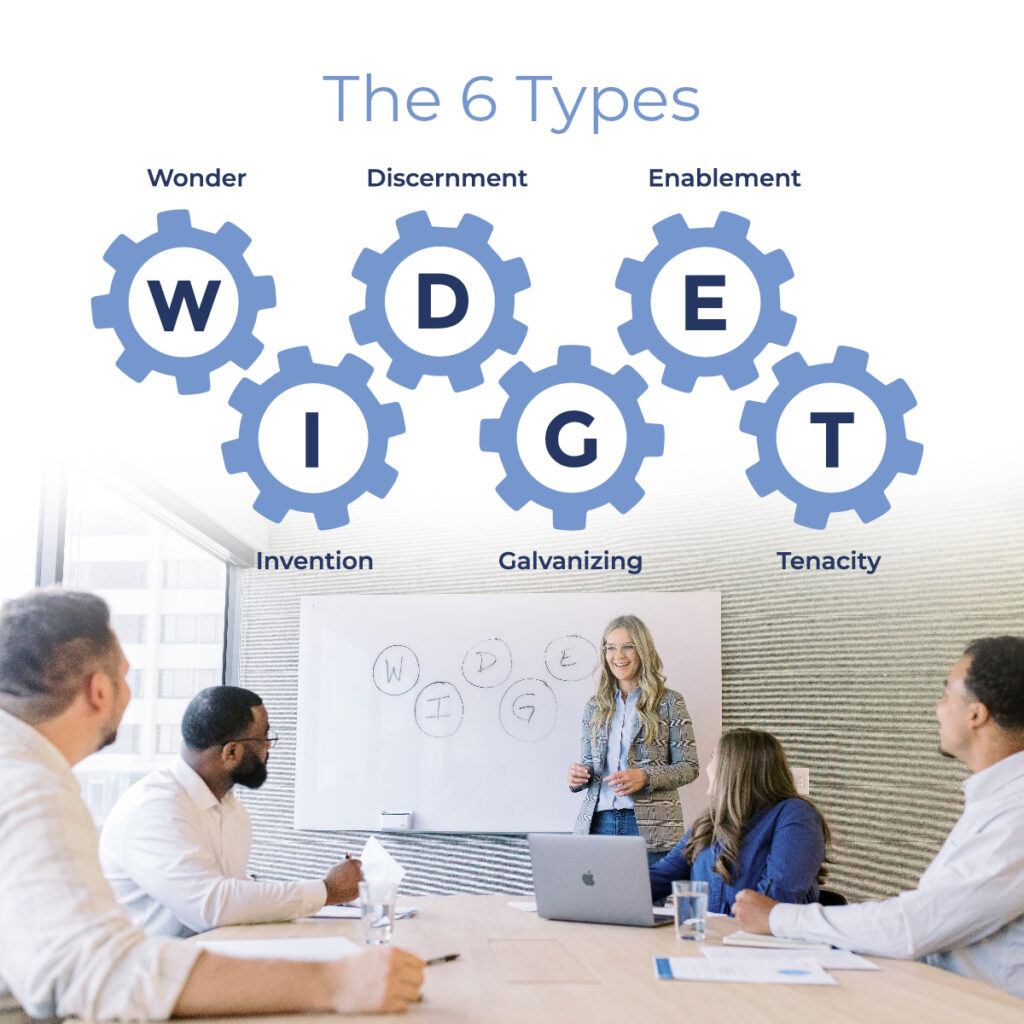
“Participating in the Working Genius framework has provided us with invaluable clarity in roles and responsibilities within our team. It has allowed us to identify and leverage each person’s unique strengths, ensuring that we’re all working in ways that play to our natural talents. By understanding the different types of genius—whether it’s innovation, execution, or discernment—we’ve been able to structure our work in a way that maximizes collaboration and productivity.
This approach has helped us move away from confusion or overlap in roles, and instead focus on what each team member does best. It’s not just about filling positions—it’s about ensuring that everyone is aligned with their strengths and contributing to the team in the most effective way possible. Ultimately, it’s been an incredibly valuable tool in building a more cohesive, high-performing team.”
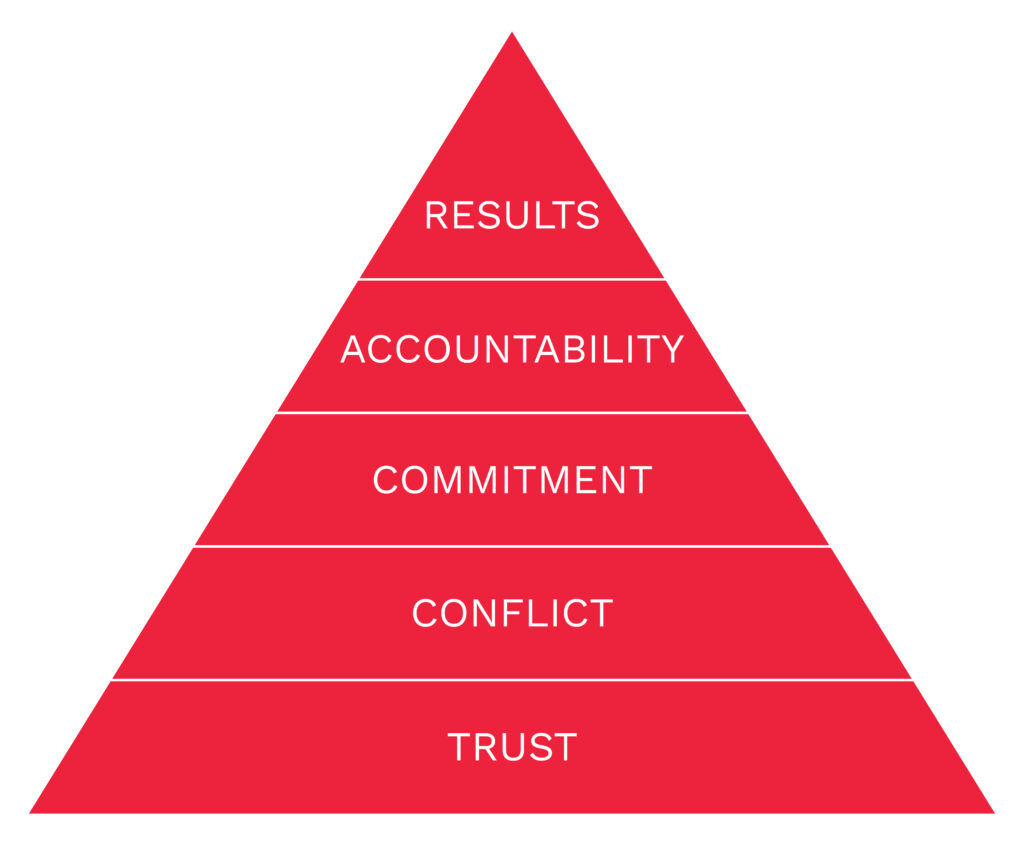

The Five Behaviors Model, based on Patrick Lencioni's "The Five Dysfunctions of a Team", outlines five key behaviors that contribute to a cohesive and high-performing team.
This model emphasizes the importance of vulnerability-based trust, productive conflict around ideas, commitment to decisions, accountability for actions, and a focus on achieving collective results.
The Five Behaviors assessment helps individuals understand their own behaviors and their impact on team dynamics, leading to better self-management.
Individuals can better understand and appreciate the strengths and working styles of others, leading to more effective communication and collaboration
The assessment provides a framework for understanding how individuals contribute to a team and how to become a more effective teammate
By addressing the five behaviors, teams can improve communication, resolve conflicts more effectively, and align their efforts towards shared goals.
The Five Behaviors model provides a framework for addressing the underlying dysfunctions that hinder team effectiveness, such as a lack of trust or healthy conflict.
When teams are cohesive and functioning effectively, they are better able to achieve their goals and produce high-quality result
The Five Behaviors model promotes a culture of trust, respect, and collaboration, leading to stronger relationships and more effective teamwork.
By addressing team dysfunctions, organizations can improve productivity, reduce conflicts, and increase efficiency.
When employees feel valued and supported, they are more likely to be motivated and engaged, leading to improved morale and retention.
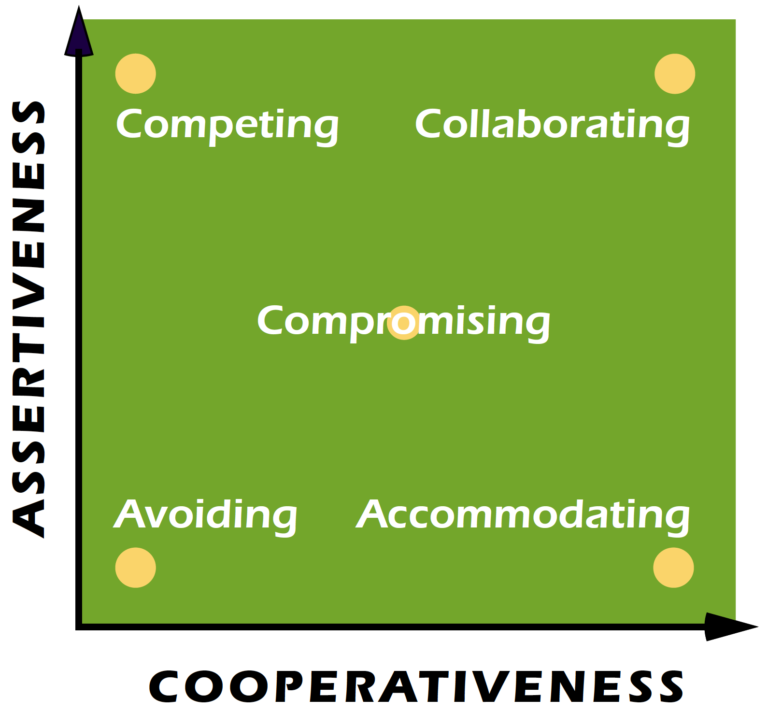
The Thomas-Kilman Conflict Mode Instrument (TKI) model identifies five confilct-handling styles based on two dimensions: Assertiveness and Cooperativeness.
The five styles are: Competing, Avoiding, Accommodating, Compromising and Collaborating.
The TKI identifies individuals’ preferred conflict-handling styles (competing, collaborating, compromising, avoiding, accommodating) and helps teams understand how these styles impact group dynamics.
By understanding different conflict modes, teams can learn to choose the most appropriate style for a given situation, leading to more productive outcomes.
The TKI can help individuals and teams improve their negotiation skills and achieve better outcomes.
The TKI helps teams reconcile differences and work together more effectively by promoting understanding and cooperation
By understanding each other’s conflict styles, team members can build stronger relationships and improve communication.
The TKI can help teams build trust and foster a more collaborative environment by promoting open communication and understanding.
The TKI can help teams navigate change and manage conflict that may arise during transitions
By helping individuals and teams improve their negotiation skills, organizations as a whole achieve better outcomes.
By using the TKI assessment as part of team-building, the organization’s culture is deepened.
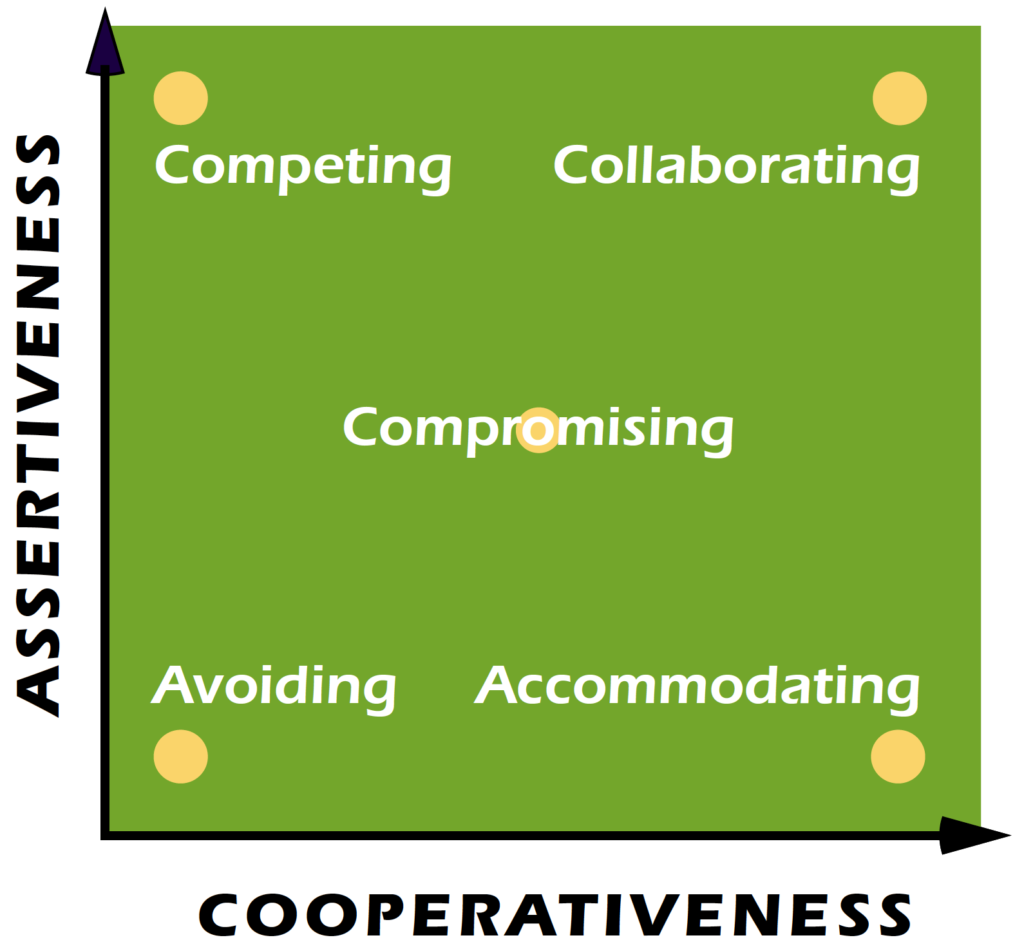

Powered by True Productions